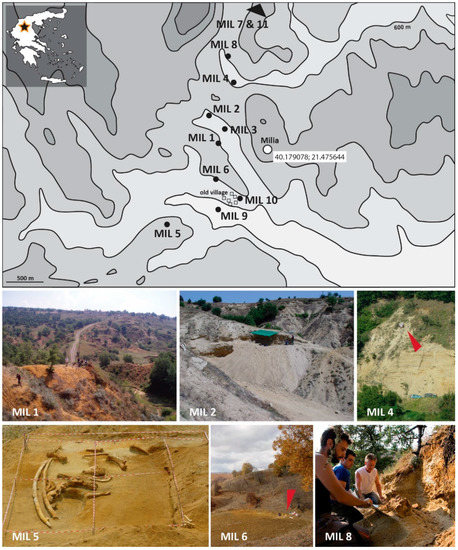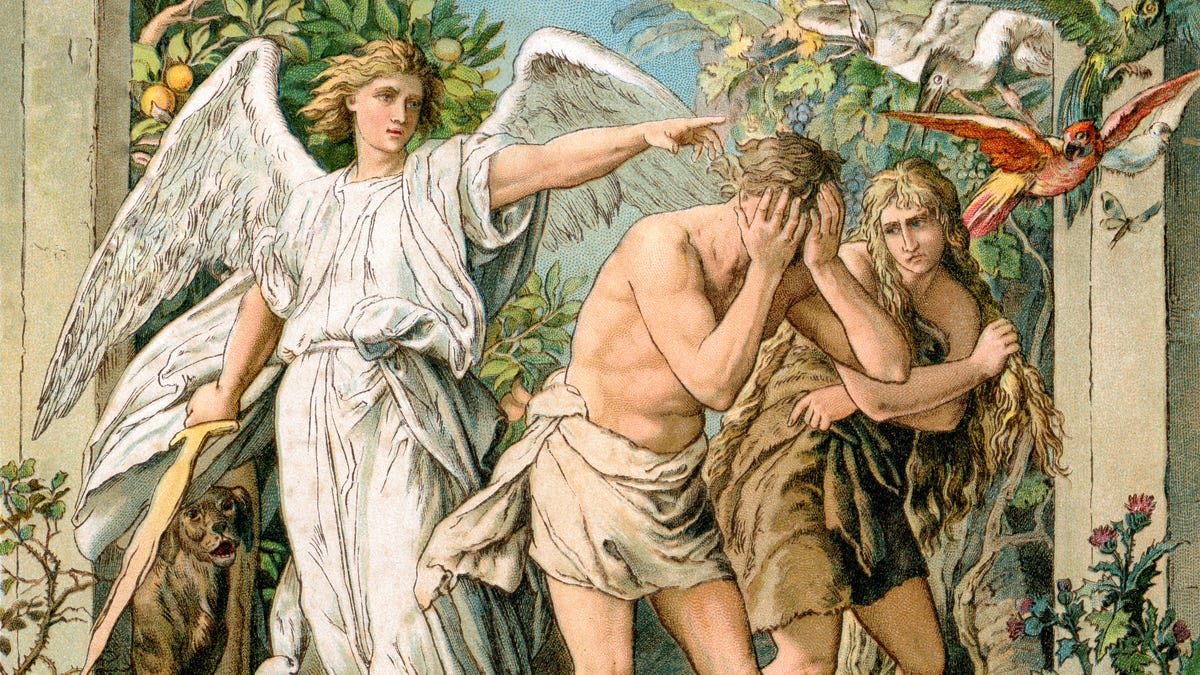

What ultimately defines the tragic hero is a fatal characteristic that seals their fate, and like many tragic heroes, Satan suffers from pride. While he weeps because of the faithfulness of his army, it could be said that Satan’s tears also come from his subconscious knowledge that their cause is fruitless and will only achieve more sorrow within his ranks. His comparison to an Angel works so that the reader will see Satan’s weeping as a moment of beauty, and the cause he weeps for as one of justice. The moment naturally evokes pity for Satan within the audience, as it is such an open and vulnerable statement of emotion. In another moment of pathos, Satan weeps as he tries to address his troops (620). The scene also reflects Satan’s subconscious guilt for leading his men to what was always a certain defeat against the power of God. Rather, Satan reveals a certain degree of humanity through this moment of emotion. Satan reveals himself to be genuinely remorseful for how his failed revolution has caused pain and suffering amongst his men, and this moment of true emotion separates him from a more conventional characterization of Lucifer as a figure of pure evil.


This passage conveys the sincere faithfulness of Satan’s revolutionaries, which in itself arouses a sense of piteousness within the reader. Milton writes this pathos as Satan surveys his defeated troops: “Cruel his eye, but cast/Signs of remorse and passion, to behold/The fellows of his crime, the followers rather/(Far other once beheld in bliss), condemned/For ever now to/have their lot in pain-/Millions of Spirits for his fault amerced/Of Heaven, and/from eternal splendours flung/For his revolt-yet faithful how they stood,/Their glory withered” (604-612). The first of two defining elements of tragic heroism is the requirement that the hero arouse pathos within the reader, which Satan does quite often in this segment of Book 1. Milton’s particular illustration of the war against God in Book 1 allows the reader to identify with Satan’s “righteous” purpose, which reflects the noble intentions with which the reader is meant to identify with the typical tragic hero character. It is in this way that Milton justifies Satan’s cause as a noble one, similar to that of a revolutionary who is rebelling against a tyrannical monarch. Milton thus characterizes God as an antagonizing force, a figure of stark contrast to the heroic figure that Satan is described as. While Milton does not give a reason for Satan’s desire to revolt against God, the permanent degree of punishment inflicted upon these figures is evidence of a fearsome and unforgiving God figure. Punishment from God is alluded to once more when Satan observes that his men will “For ever now…have their lot in pain” due to their revolutionary actions against God. Although Satan retains a fair deal of the natural beauty he was created with, his scars blight his beauty and are evidence of God’s role in Book 1 as a punisher. The first example of this in this passage comes from the lines, “but his face/Deep scars of thunder had intrenched”(600), referring to injuries acquired from Satan’s recent revolution against heaven. Justifying Satan’s actions to the reader is Milton’s subtle depiction of God as a punishing force. With this scene happening so early in the text of Paradise Lost, there is no other way to view Satan but as a dauntless hero who is a great match for the almighty powers of God. The quote is also an example of how Milton uses language to illustrate the charisma with which he embeds in Satan’s character. This allows Satan to be inherently intimidating in the same ways as that of a military commander, standing as a figure of fear and inspiration for his troops. Milton again emphasizes the fact that Satan is a natural leader due to his ability to present himself as a force to be reckoned with. Milton continues, saying “He, above the rest/In shape and gesture proudly eminent, /Stood like a tower”(589-91). This choice of diction allows Satan to have the same formidable presence as other literary war commanders, such as Titus Andronicus or Achilles. While Milton praises the efforts of the soldiers in this rebellion, he makes it clear that the true force to be reckoned with in this scene is Satan, who is here described with the telling word “dread”. The first line of this chosen passage states: “Thus far these beyond/Compare of mortal prowess, yet observed/Their dread Commander” (587-89). An element of Satan’s character that solidifies his persona is his role as a military commander, an occupation that oftentimes characterizes the protagonists and heroes of pre-Milton literature.


 0 kommentar(er)
0 kommentar(er)
